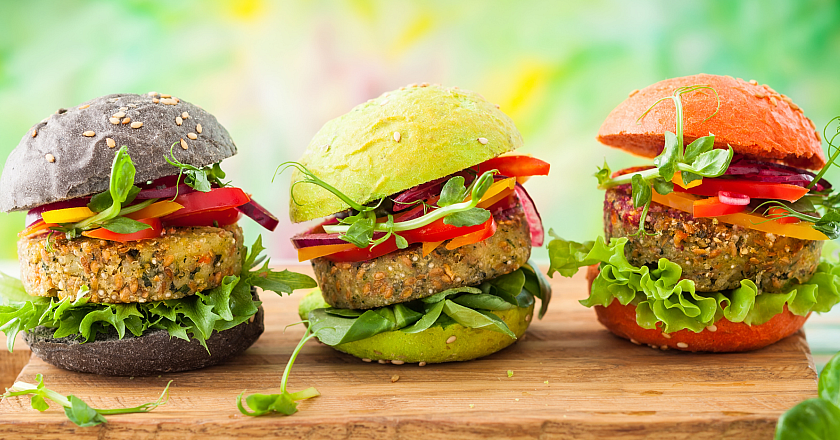A public-private consortium of industrial and knowledge partners has received Dutch TKI grants for a multi-year, multi-phase project on using microbial biomass to create functional, protein-rich ingredients for food applications. In the project, the partners will optimise processing conditions for different organisms, including microalgae, bacteria, fungi and yeast, in order to assess which deliver the functional, economic and sustainability characteristics needed for a marketable food product.
As protein is an important part of a basic human diet, there is a continuing search for new or alternative protein ingredients and high-quality protein-rich foods. The United Nations Food and Agriculture Organization (FAO) reports that the global Covid-19 pandemic, resulting in reduced production of protein foods, has placed further stress on the issues around protein availability. The EU, which currently imports around 20 million tons of protein per year, is looking for ways to increase and promote protein production internally.
Turning sidestreams into edible biomass
It has long been known that ‘alternative’ proteins’ have the potential to expand local protein production. These alternatives, however, must balance the needs of all stakeholders. The consumer, for example, wants a food product that looks good, tastes good, feels good in the mouth, and delivers certain nutritional benefits. Manufacturers want to be able to use familiar processes that don’t require new equipment or additional steps. From a societal point of view, it is key to minimise the ecological impact of producing protein while maintaining profitability.
Cellular agriculture is one potential source of new proteins, using microbial cells as factories to produce edible microbial biomasses. Microbial biomass is the result of the fermentation, by bacteria, fungi, yeast or algae, of organic substrates such as by-products from the sugar industry and other food processing residues. Edible microbial biomass can thus offer a sustainable and economic protein source. However, the high costs for development and production make it difficult for ingredient manufacturers to be sure they are on the right track.



